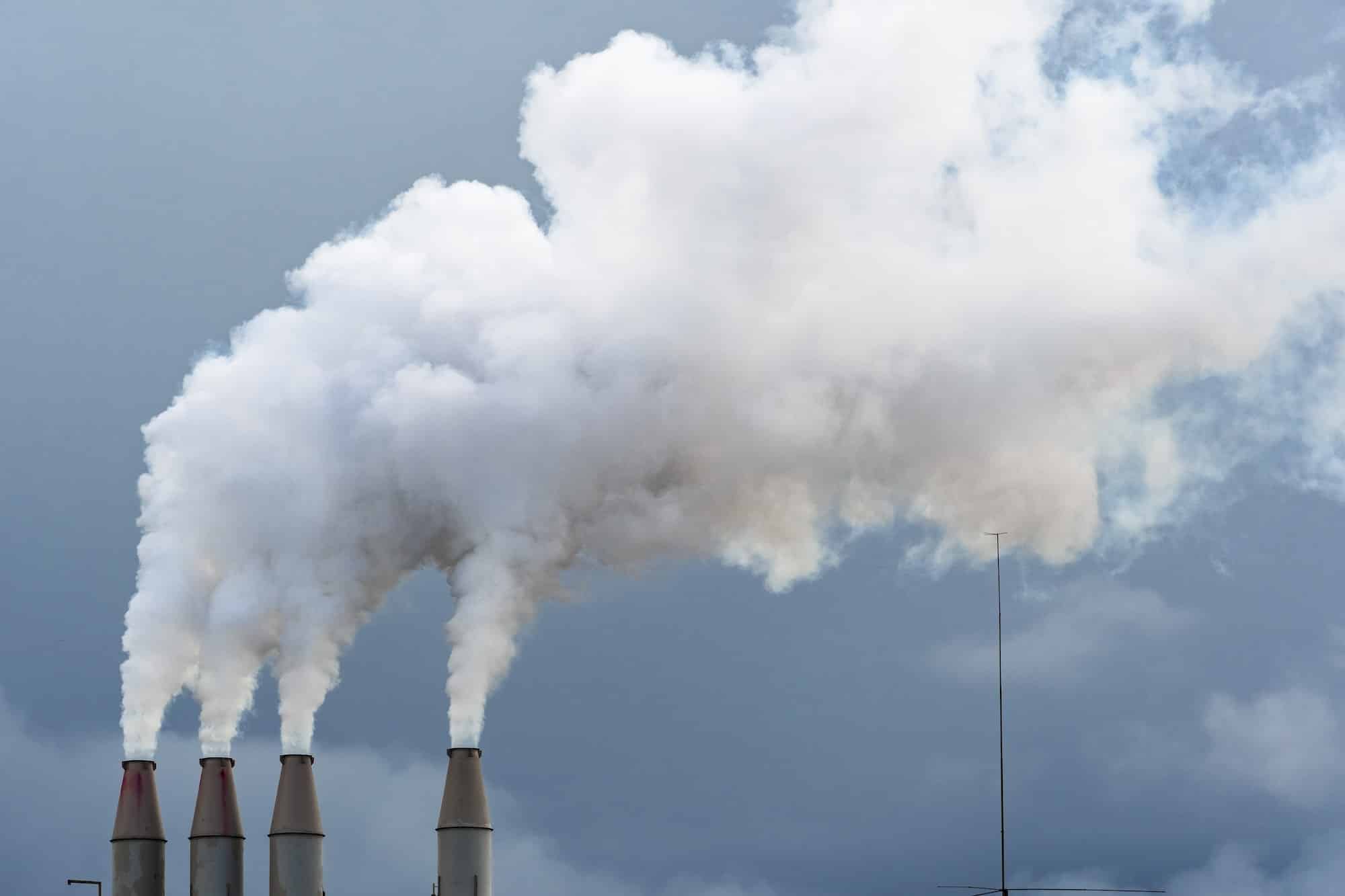This Sunday, Portugal will have exhausted the natural resources available for this year and will begin consuming resources that should not be consumed until the following year.
According to data on the country’s ecological footprint released by the environmental organization Zero, Portugal will exhaust the natural resources available for this year on Sunday and begin using resources that should only be consumed next year.
According to a statement from the association, this year’s resources would run out today if humanity consumed like Portugal. Or, to put it another way, if every person on the planet lived like the average Portuguese, humanity would need approximately 2,9 planets to meet its resource needs.
In partnership with the “Global Footprint Network” organization, updated data from this year indicates that the same day as last year, May 7, is maintained.
“Portugal’s capacity to supply the natural resources necessary for its developed activities (production and consumption) has been inadequate for many years. Zero expresses concern over the fact that Portugal’s “environmental debt” has been rising. This imbalance is a result of the production and consumption model that supports the country’s lifestyle, as explained.
Food consumption (30% of the country’s total Footprint) and mobility (18% of the country’s total Footprint) are among the human activities that contribute the most to Portugal’s Ecological Footprint and are, therefore, crucial intervention points for Footprint reduction.
Zero cites official data to remind us that the circularity of materials in Portugal is only 2.2%, whereas the EU average is nearly 13%; that the Portuguese consume approximately three times more animal protein than they should, to the detriment of vegetables and fruit; and that only 9.7% of the gross final energy consumption in transport is derived from renewable sources.
To reduce Portugal’s environmental debt, Zero defends a bet on agriculture focused on quality food, preserving the soil and reducing pollution and water use, taking advantage of the potential of telework, reducing commuting, investing in soft modes of transport and public transportation, and in the sustainability of products (such as repair, reuse, and recycle).
Each Portuguese citizen can contribute to this reduction. Zero provides examples, beginning with reducing the amount of animal protein in the diet, as each Portuguese consumes more animal protein than the food wheel recommends, as well as consuming fifty percent of vegetables, twenty-five percent of legumes, and three-quarters of fruits.
It is also essential that people move sustainably, whether by utilizing public transportation, walking, or cycling. And that they abandon the practice of “use it and throw it away” in favor of “having less, but higher quality.”
According to Global Footprint Network data, nations such as Germany (4 May) and France (5 May) have also depleted their resources for the year. Spain’s resources are depleted by the 12th.
According to the map, Qatar was the first nation to exhaust its resources for the year on February 10; Luxembourg followed on February 14. Canada, the United States, Australia, Belgium, and Denmark depleted their resources in March; Sweden, Austria, Russia, and Ireland in April; and the United Kingdom, Greece, and Hungary in this month. South American countries dominate the map during the summer months, while Indonesia, Ecuador, and Jamaica arrive in December.
According to the data, it would take 5.1 planets if everyone lived in North America, 4.5 planets if everyone lived in Australia, and only 0.8 planets if everyone lived in India. The Ecological Footprint compares human requirements for renewable resources and essential services to the biocapacity of the planet to provide such resources and services.
The association explains that the Ecological Footprint measures the use of cropland, forests, grazing land, and fishing grounds to provide resources and absorb wastes (such as carbon dioxide from the combustion of fossil fuels), while biocapacity measures the amount of biologically productive land available to regenerate these resources and services.



